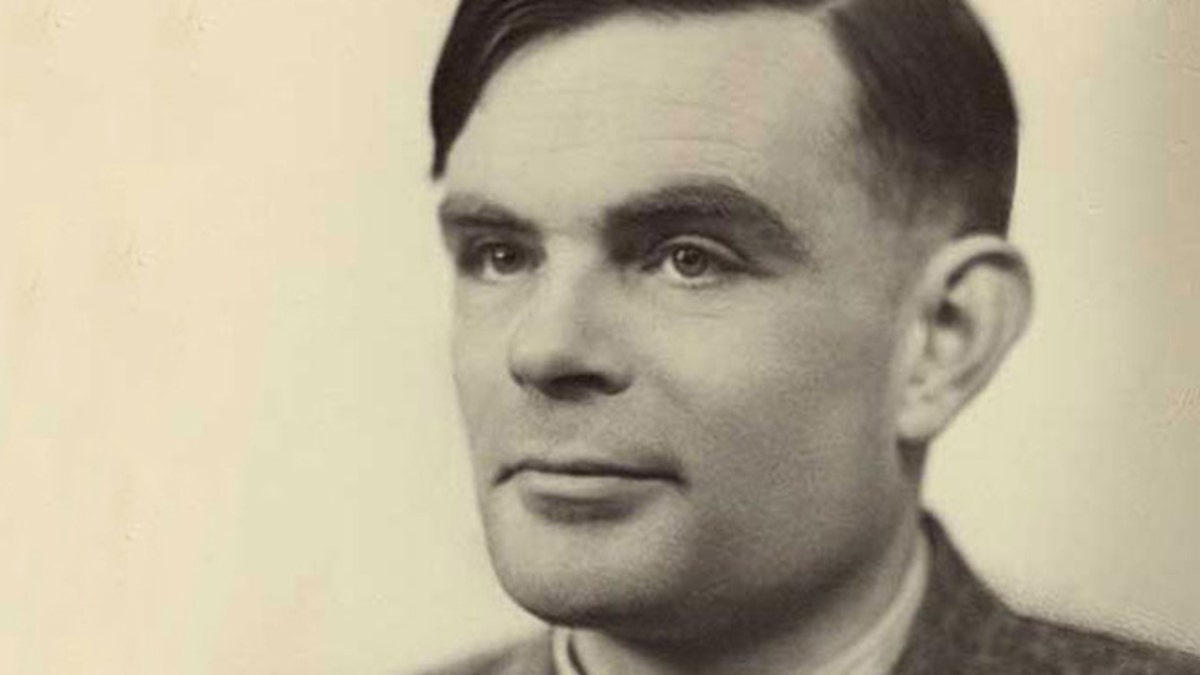
Alan Turing (National Portrait Gallery)
Computer scientist Alan Turing, born in 1912, was a man light years ahead of his time.
He performed groundbreaking computer science work long before the concept even existed. An artificial intelligence test he developed remains relevant today. During World War II, his cryptanalysis work helped Allied convoys safely cross the Atlantic.
Turing was also openly gay. In 1952, he was convicted for homosexuality and punished by being chemically castrated. Just two years later, he died after eating a cyanide-laced apple. An inquest ruled the death a suicide, but friends and family dispute the finding.
[pullquote]
Now, finally, after several petitions, appeals and even an apology from prime minister Gordon Brown in 2009, Turing has finally received a pardon. It was granted on December 24 under the Royal Prerogative of Mercy after a request by Justice Minister Chris Grayling.
Turing was not the only gay man persecuted at the time. More than 50,000 other were convicted of "gross indecency," for being homosexual. Advocates for Turing hope the pardon will be extended to others.
In the meantime, Turing's legacy in computing and beyond should not be overlooked.
James Sumner, a lecturer in the history of technology at the University of Manchester, helped plan the Manchester Museum’s centenary Turing exhibition. “Alan Turing is somebody who, in recent years, has gone from being almost written out of the story of the computer’s origins to being given a very, very strong starring role,” Sumner said.
